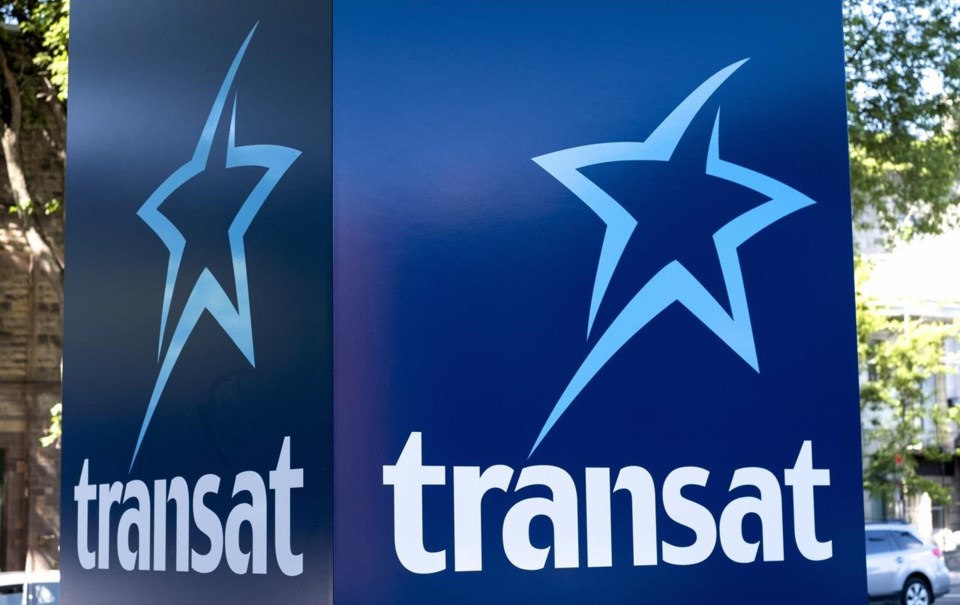MONTREAL — Travel company Transat A.T. Inc. closed a challenging year on a high as it set sights on a continued recovery for air travel next year with high prices and even higher demand.
"We are clearly on the road to recovery, our results are improving and our confidence is growing," Transat chief executive Annick Guérard told a conference call with investors Thursday.
Guérard said the airline has capitalized on favourable demand as customers continue to prioritize travel despite inflationary pressures and higher ticket prices.
"Consumers are ready to pay more to travel," Guérard said.
The tour operator said ticket prices are now 15 per cent higher than in 2019 on average.
While high fuel prices, up by 61 per cent, and a weak Canadian dollar impacted the airline's growth, Transat chief financial officer Patrick Bui said the price increase driven by demand has helped offset these additional costs.
Further costs were incurred when the airline had to rehire the employees laid off during the pandemic, amounting to 1,800 new and returning employees this year for a total of 3,900 employees, equivalent to 75 per cent of its pre-pandemic workforce.
The parent company of Air Transat reported a fourth-quarter net loss attributable to shareholders of $126.2 million or $3.32 per diluted share compared with a loss of $121.3 million or $3.21 per diluted share in the same quarter last year.
Revenue totalled $573.1 million for the three months ended Oct. 31, up from $62.8 million in the same quarter last year.
Excluding non-operating items, Transat reported an adjusted net loss of $75.9 million or $2.00 per share for its fourth quarter compared with an adjusted loss of $118.4 million or $3.14 per share a year earlier.
Bui said the loss indicates that the airline is still a way from reaching its financial potential, but indicative of the company's positive momentum.
The improvement was restrained by a significant increase in fuel prices as well as the deterioration of the value of the dollar against its U.S. counterpart, as fuel prices were up by 61%
In its outlook for 2023, the company said it expects to deploy capacity equivalent to 90 per cent of the 2019 level, accounting for 97 per cent of 2019 levels in winter and 86 per cent in the summer.
Booking patterns do not appear to be slowing down and the positive trend seems to be continuing into the winter season.
"The trend is clear and booking patterns are encouraging," said Guérard.
In a news release, she said that Transat's strategy of prioritizing European and sun destinations was "very popular" in the fourth quarter and improved the airline's load factors.
The company said the average load factor, a measure of seats filled by passengers, reached 56 per cent this week for the winter season, an amount comparable with 2019 levels.
This report by The Canadian Press was first published Dec. 15, 2022.
Companies in this story: (TSX:TRZ)
Caitlin Yardley, The Canadian Press



